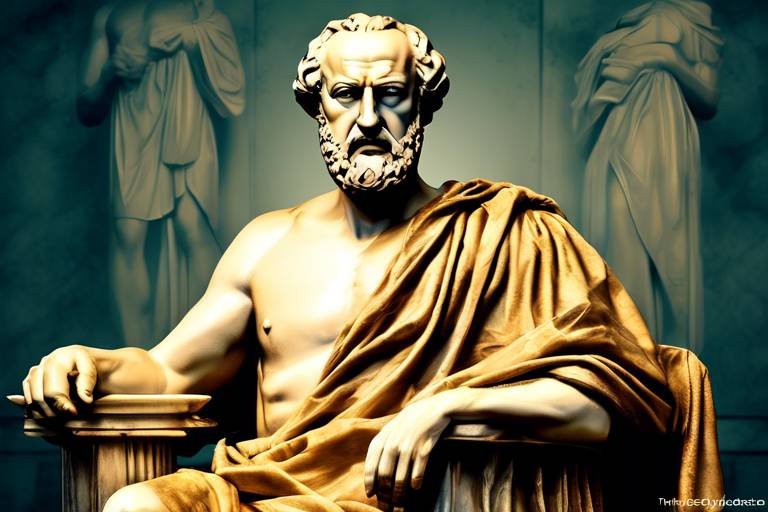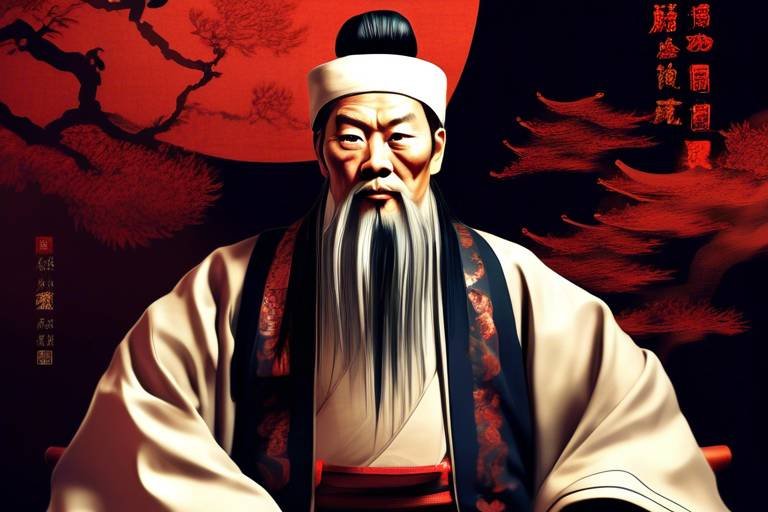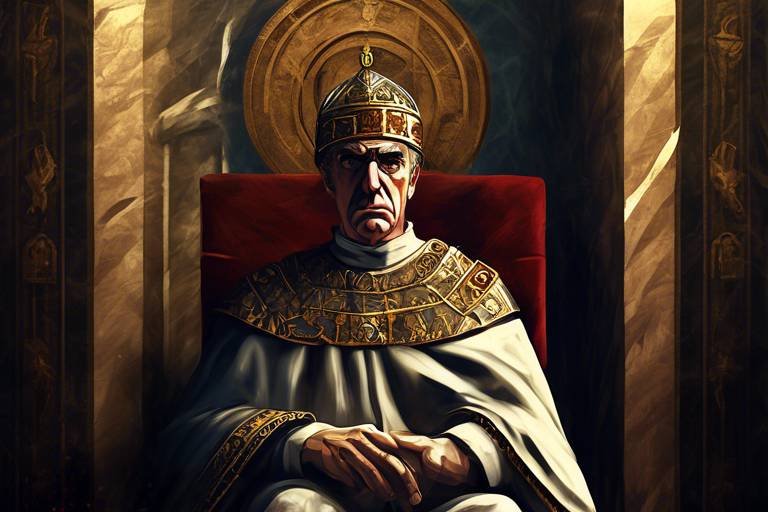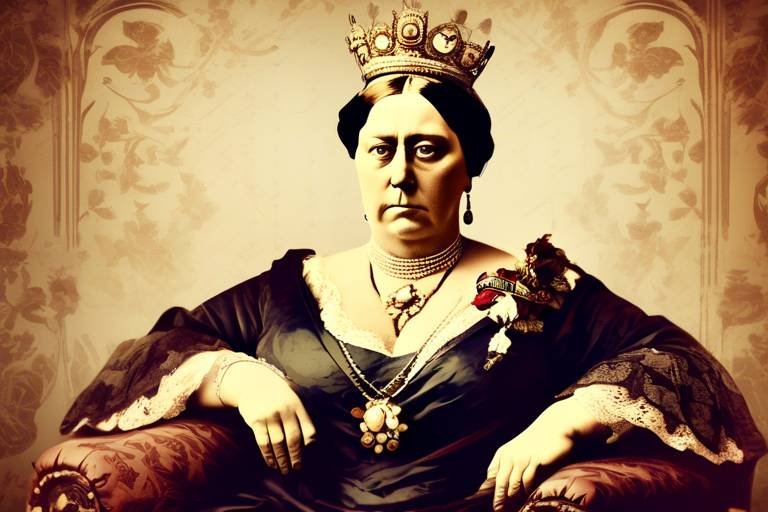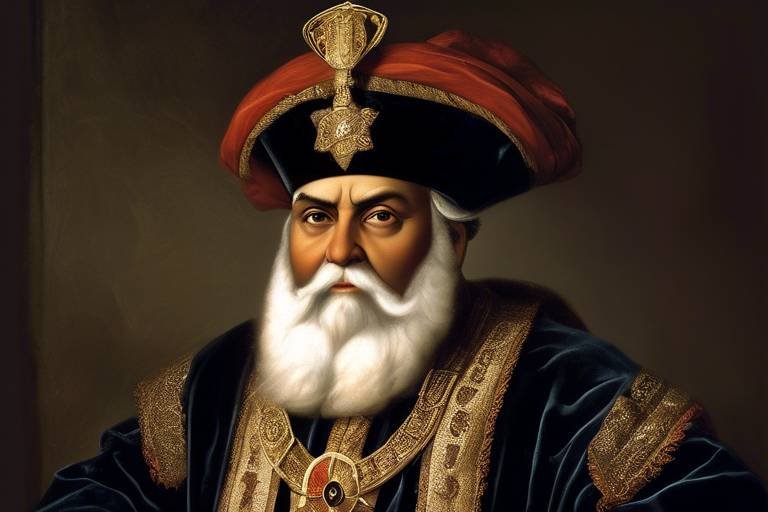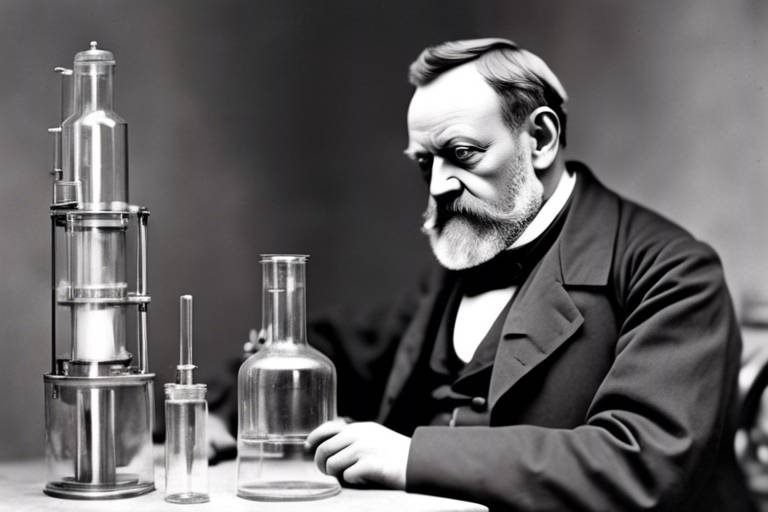Louis Napoleon: The First President of France
Louis Napoleon, a figure of intrigue and ambition, holds a significant place in French history as the first President of France before ascending to the throne as Emperor Napoleon III. His journey from presidency to empire is a tale of unexpected twists and turns, marked by political upheaval and grand visions for the nation.
Born into the prestigious Bonaparte family, Louis Napoleon's early life was shaped by the legacy of his famous uncle, Napoleon Bonaparte. Growing up amidst the echoes of past glory, he cultivated a deep sense of destiny and a fervent desire to restore France to its former greatness. His education and experiences abroad further fueled his aspirations, setting the stage for his future political endeavors.
Upon entering the political arena, Louis Napoleon faced challenges and skeptics who underestimated his abilities. However, with a shrewd campaign strategy and a charismatic appeal to the masses, he emerged victorious in the presidential election, defying expectations and ushering in a new era of leadership in France.
As President, Louis Napoleon implemented a series of domestic policies aimed at revitalizing the economy, improving social conditions, and modernizing the country. His ambitious reforms touched every aspect of French society, earning him both praise and criticism from various quarters.
In the realm of foreign relations, Louis Napoleon navigated a complex web of alliances and rivalries, seeking to secure France's position on the European stage. His diplomatic maneuvers and military interventions reshaped the geopolitical landscape, leaving a lasting impact on the continent.
The pivotal moment in Louis Napoleon's career came with the coup d'état of 1851, where he seized power and set the stage for the establishment of the Second French Empire. This bold move solidified his authority and paved the way for his transformation into Emperor Napoleon III, a title that would define his legacy.
Embracing the imperial mantle, Napoleon III embarked on a period of economic development and urban planning that transformed the face of France. His ambitious projects, including the renovation of Paris and the modernization of infrastructure, left an indelible mark on the country's landscape.
Today, Louis Napoleon's legacy endures as a complex legacy of ambition, achievement, and controversy. His impact on French society and politics reverberates through the centuries, shaping the course of history and leaving a lasting imprint on the nation he once led.

Early Life and Background
Exploring the life and political career of Louis Napoleon, who served as the first President of France before becoming Emperor Napoleon III. Learn about his rise to power, policies, and impact on French history.
Louis Napoleon, born Charles-Louis Napoleon Bonaparte on April 20, 1808, in Paris, France, was the nephew of Napoleon Bonaparte. Growing up in exile after the fall of the First French Empire, Louis Napoleon's early life was marked by a sense of duty and a desire to restore his family's legacy. Educated in Switzerland and Germany, he was influenced by liberal ideas and the legacy of the French Revolution, shaping his political beliefs and ambitions.
Despite facing numerous challenges and setbacks, including failed coup attempts and imprisonment, Louis Napoleon remained resilient and determined to fulfill his political aspirations. His background as a Bonaparte and his experiences in exile instilled in him a sense of destiny and a vision for France's future.
Upon returning to France in the 1830s, Louis Napoleon began to actively engage in politics, advocating for social reform and economic development. His background as a military officer and his family name gave him a certain level of credibility and appeal to the French populace, setting the stage for his eventual rise to power.
Through a combination of charisma, strategic alliances, and populist rhetoric, Louis Napoleon positioned himself as a champion of the people, promising stability and progress in a time of political turmoil. His early life and background laid the foundation for his political career, shaping his values and guiding his actions as he ascended to the presidency of France.
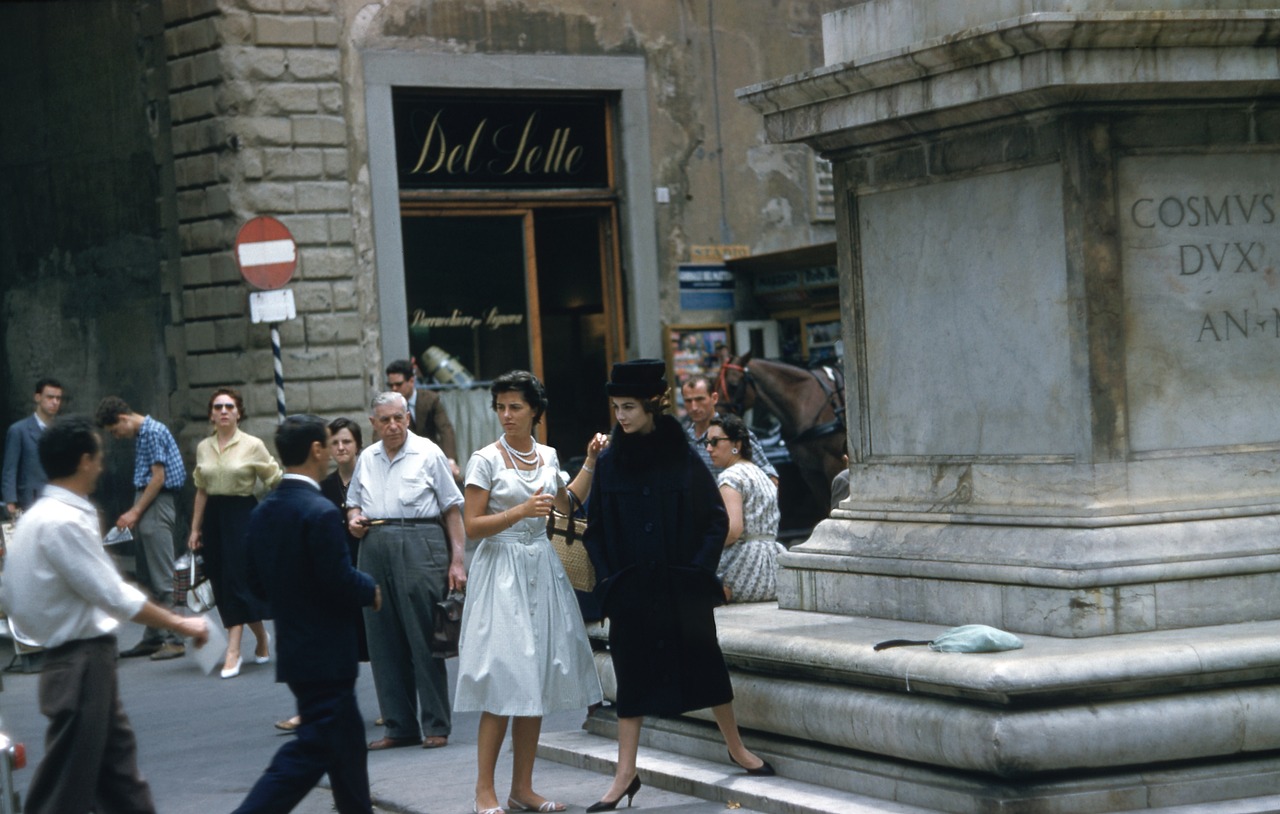
Presidential Election and Victory
Exploring the life and political career of Louis Napoleon, who served as the first President of France before becoming Emperor Napoleon III. Learn about his rise to power, policies, and impact on French history.
Louis Napoleon's path to the presidency of France was marked by a combination of political maneuvering and public support. In the presidential election of 1848, Louis Napoleon ran as a candidate representing order and stability in a time of political turmoil. His campaign focused on appealing to a wide range of voters, from conservatives to liberals, promising to uphold the principles of the French Revolution while maintaining law and order.
Despite facing opposition from various factions, Louis Napoleon's message resonated with the French electorate, particularly with rural voters and the working class. His image as a strong leader who could bring about economic prosperity and social harmony struck a chord with many voters disillusioned by the political chaos of the time.
On December 10, 1848, Louis Napoleon emerged victorious in the presidential election, securing a decisive mandate to lead France. His landslide victory reflected the widespread desire for stability and leadership, propelling him to the highest office in the land. The election marked a turning point in French politics, setting the stage for Louis Napoleon's ambitious agenda and eventual rise to imperial power.
Q: What were some of Louis Napoleon's key domestic policies during his presidency?
A: Louis Napoleon implemented a series of economic reforms aimed at stimulating growth and modernizing France's infrastructure. He also introduced social welfare programs to improve the living conditions of the working class and reduce poverty.
Q: How did Louis Napoleon's foreign policy initiatives impact France's position in Europe?
A: Louis Napoleon pursued a policy of diplomacy and alliances to enhance France's influence on the international stage. His efforts to maintain a balance of power in Europe and expand French territories overseas reshaped the geopolitical landscape of the time.
Q: What is Napoleon III's legacy in French history?
A: Napoleon III's legacy is complex and multifaceted. He is remembered for his modernization projects, such as the renovation of Paris, as well as his authoritarian rule and military campaigns. His reign left a lasting impact on French society and politics, shaping the country's trajectory for years to come.

Domestic Policies and Reforms
During his presidency, Louis Napoleon implemented a series of domestic policies and reforms aimed at modernizing France and addressing social and economic challenges. One of his key initiatives was the promotion of industrialization through infrastructure projects and investment in railways, which stimulated economic growth and improved transportation networks across the country. Additionally, Louis Napoleon focused on social reforms, including the expansion of public education and healthcare services to improve the living conditions of the working class.
Furthermore, Louis Napoleon introduced policies to strengthen the central government's authority and promote stability within the country. He centralized power in the hands of the executive branch, streamlining administrative processes and enhancing governmental efficiency. This centralization of power allowed Louis Napoleon to implement his policies more effectively and maintain control over the political landscape.
In terms of agricultural reforms, Louis Napoleon aimed to modernize farming practices and increase agricultural productivity. He supported initiatives to improve land management, irrigation systems, and agricultural education, leading to advancements in agricultural techniques and increased food production. These reforms helped alleviate rural poverty and contributed to the overall economic development of France.
Moreover, Louis Napoleon's domestic policies included efforts to address urban issues and improve living conditions in cities. He initiated urban planning projects to redesign and modernize urban areas, particularly in Paris, with the goal of creating a more efficient and aesthetically pleasing urban environment. The renovation of Paris under Napoleon III transformed the city into a modern metropolis with wide boulevards, parks, and public amenities, setting a new standard for urban development in Europe.
Overall, Louis Napoleon's domestic policies and reforms aimed to modernize France, stimulate economic growth, improve social welfare, and enhance the country's infrastructure. His initiatives had a lasting impact on French society and laid the foundation for future developments in the nation's political and economic landscape.

Foreign Relations and Diplomacy
Foreign relations and diplomacy played a crucial role in Louis Napoleon's political career, shaping France's position on the international stage. Known for his pragmatic approach, Louis Napoleon sought to establish alliances that would strengthen France's influence while avoiding unnecessary conflicts. One of his significant diplomatic achievements was the signing of the Treaty of Paris in 1856, which ended the Crimean War and reaffirmed France's status as a major European power.
Despite his efforts to maintain peaceful relations, Louis Napoleon's foreign policy faced challenges, particularly in dealing with the rising power of Prussia under Bismarck. The intricate web of alliances and rivalries in Europe posed a constant threat to stability, leading to tensions that would eventually culminate in the Franco-Prussian War of 1870.
Louis Napoleon's diplomatic initiatives were not limited to Europe; he also sought to expand France's influence in other parts of the world. His intervention in Mexico, culminating in the establishment of the short-lived French-backed regime of Emperor Maximilian, reflected his ambitious vision for France's role in global affairs.
Furthermore, Louis Napoleon's policies in the Middle East aimed to protect French interests and secure strategic advantages in the region. By supporting the construction of the Suez Canal and maintaining close ties with the Ottoman Empire, he positioned France as a key player in the geopolitics of the Eastern Mediterranean.
In conclusion, Louis Napoleon's foreign relations and diplomacy were characterized by a delicate balance of pragmatism and ambition. His efforts to navigate the complex web of international relations defined his legacy as a statesman who sought to uphold France's interests while adapting to the evolving dynamics of the global arena.

The Coup d'État of 1851
The Coup d'État of 1851 marked a pivotal moment in the political career of Louis Napoleon, leading to his consolidation of power and the establishment of the Second French Empire. The events leading up to the coup were characterized by growing tensions between Louis Napoleon and the French National Assembly, with the President seeking to expand his authority and implement reforms without the approval of the legislative body.
On December 2, 1851, Louis Napoleon orchestrated a carefully planned coup d'état, dissolving the National Assembly, suspending civil liberties, and declaring a state of emergency. The coup was executed swiftly and decisively, with loyal military forces securing key points in Paris to prevent any resistance. Louis Napoleon justified his actions as necessary to maintain order and stability in France, portraying himself as a defender of the people against a corrupt political establishment.
Following the successful coup, Louis Napoleon organized a national referendum to legitimize his actions and consolidate his power. The referendum, held in December 1851, resulted in overwhelming support for Louis Napoleon, with the majority of voters endorsing his seizure of power and granting him expanded authority as the ruler of France.
The political aftermath of the coup d'état saw the establishment of the Second French Empire, with Louis Napoleon assuming the title of Emperor Napoleon III. The new regime centralized power in the hands of the Emperor, limiting the influence of the legislative branch and instituting a system of authoritarian rule. Despite facing opposition from various political factions, Napoleon III's reign ushered in a period of stability and economic prosperity for France.

Emperor Napoleon III
Emperor Napoleon III, formerly known as Louis Napoleon, experienced a remarkable transformation from the first President of France to a powerful monarch. His reign as Emperor marked a significant shift in French politics and society, characterized by ambitious military campaigns and modernization projects. Napoleon III's imperial rule was defined by a blend of authoritarianism and progressive policies, aimed at consolidating his authority and enhancing France's position on the world stage.
One of the defining features of Napoleon III's reign was his assertive foreign policy, which sought to expand French influence and secure strategic alliances. His military interventions in Crimea, Italy, and Mexico aimed to promote French interests abroad and establish France as a dominant player in European affairs. Through a combination of diplomacy and military force, Napoleon III sought to assert France's position as a leading power in the international arena.
Domestically, Napoleon III implemented a series of ambitious economic development projects and urban planning initiatives aimed at modernizing France and improving the quality of life for its citizens. The renovation of Paris, including the construction of wide boulevards, public parks, and grand buildings, transformed the city into a modern metropolis. Additionally, Napoleon III's focus on industrialization and infrastructure development laid the foundation for France's economic growth and prosperity in the years to come.
Despite his accomplishments in modernizing France and expanding its influence globally, Napoleon III's reign was not without its challenges. The disastrous Franco-Prussian War and the subsequent fall of the Second French Empire marked the end of his imperial ambitions and led to his exile in England. However, Napoleon III's legacy as a transformative leader who reshaped France's political landscape and left a lasting impact on its society endures to this day.

Economic Development and Urban Planning
When it comes to Louis Napoleon's legacy, one cannot overlook his significant contributions to economic development and urban planning in France. During his reign as Emperor Napoleon III, he implemented a series of ambitious economic policies and urban projects that transformed the landscape of the country.
One of the key aspects of Napoleon III's economic development strategy was the promotion of industrialization and infrastructure development. He invested heavily in modernizing France's transportation networks, including the expansion of railways and the construction of new roads and bridges. These initiatives not only facilitated the movement of goods and people but also stimulated economic growth and job creation.
Additionally, Napoleon III focused on revitalizing the urban areas of France, with a particular emphasis on the renovation of Paris. He commissioned the renowned city planner Georges-Eugène Haussmann to redesign the capital, leading to the creation of wide boulevards, parks, and public spaces. This urban renewal project not only improved the city's aesthetics but also enhanced its functionality and livability.
Furthermore, Napoleon III's urban planning initiatives extended beyond Paris to other major cities in France. He encouraged the construction of modern infrastructure, such as sanitation systems, water supply networks, and public buildings, to improve the quality of life for urban residents. These efforts laid the foundation for the modernization of French cities and set a precedent for urban planning practices around the world.
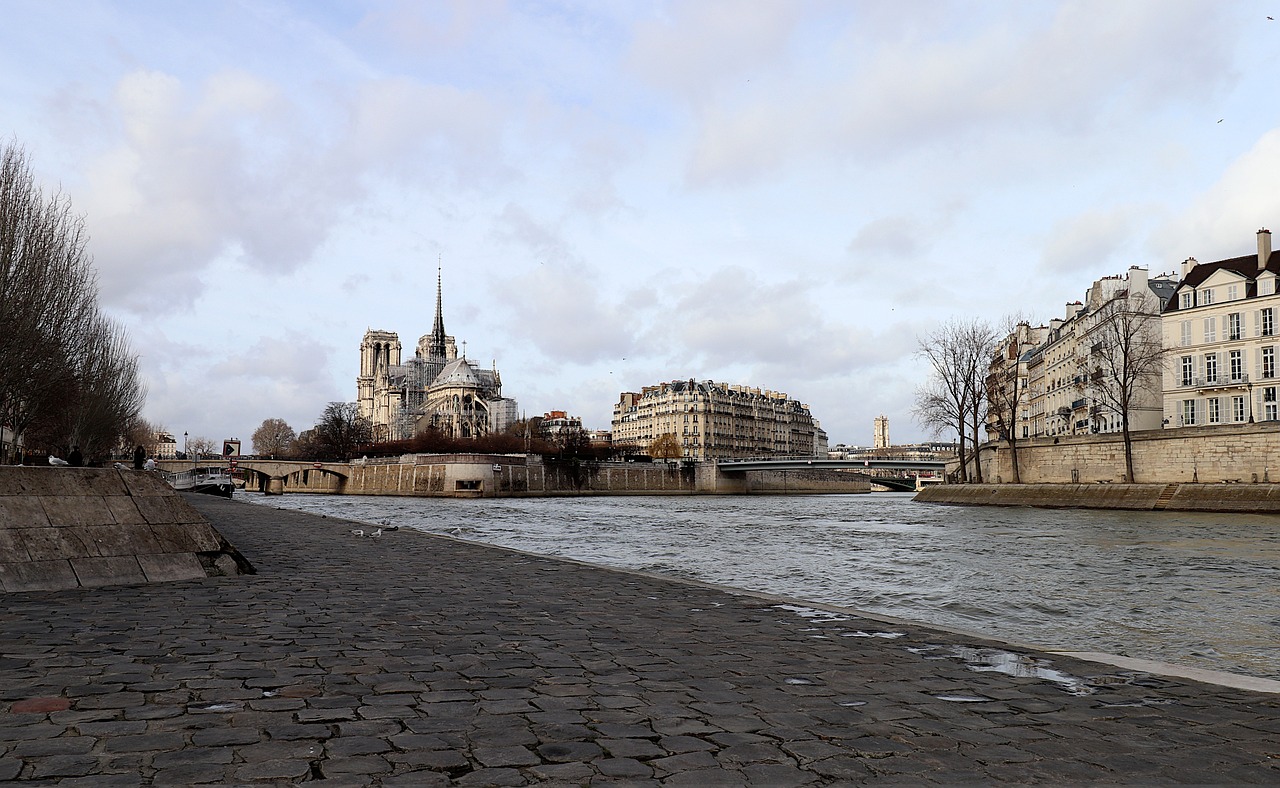
Louis Napoleon's Legacy
Louis Napoleon, also known as Emperor Napoleon III, left a lasting legacy on French society and politics. His reign marked a significant period of transformation and modernization in France, shaping the country's future in various ways. One of the key aspects of Louis Napoleon's legacy was his focus on economic development and urban planning. During his rule, he implemented ambitious economic policies and initiated large-scale urban projects that aimed to modernize and beautify France.
One of the most notable achievements of Louis Napoleon in terms of urban planning was the renovation of Paris. Under his direction, the city underwent a massive transformation, with wide boulevards, grand public buildings, and parks being constructed. These efforts not only improved the aesthetics of Paris but also aimed to enhance public health and safety by addressing overcrowding and sanitation issues.
Furthermore, Louis Napoleon's economic policies played a crucial role in stimulating industrial growth and infrastructure development in France. His support for railway construction, banking reforms, and investment in key industries helped propel the country towards economic prosperity. By prioritizing economic development, Louis Napoleon laid the groundwork for France to become a leading industrial power in Europe.
Additionally, Louis Napoleon's legacy extends to his imperial reign and military campaigns. As Emperor Napoleon III, he sought to expand French influence abroad through military interventions and strategic alliances. His foreign policy initiatives aimed to bolster France's position on the international stage and secure its interests in various regions.
Overall, Louis Napoleon's legacy as the first President of France and later as Emperor Napoleon III is characterized by his vision for modernization, economic progress, and strategic diplomacy. His impact on French history is undeniable, and his legacy continues to be studied and debated by historians and scholars to this day.
Frequently Asked Questions
- Who was Louis Napoleon?
Louis Napoleon, also known as Napoleon III, was the first President of France who later became Emperor. He was the nephew of Napoleon Bonaparte and played a significant role in shaping French history.
- What were Louis Napoleon's major policies?
Louis Napoleon implemented various domestic and foreign policies during his presidency and imperial reign. His policies focused on economic development, social reforms, urban planning, and diplomatic initiatives to strengthen France's position in Europe.
- How did Louis Napoleon come to power?
Louis Napoleon was elected as President of France in a democratic process before orchestrating a coup d'état in 1851 to establish the Second French Empire. He later declared himself Emperor Napoleon III, consolidating his authority and ruling until 1870.
- What was Louis Napoleon's legacy?
Louis Napoleon's legacy as the first President of France and Emperor Napoleon III is characterized by his modernization efforts, economic reforms, and lasting impact on French society and politics. His rule marked a significant period in French history.





